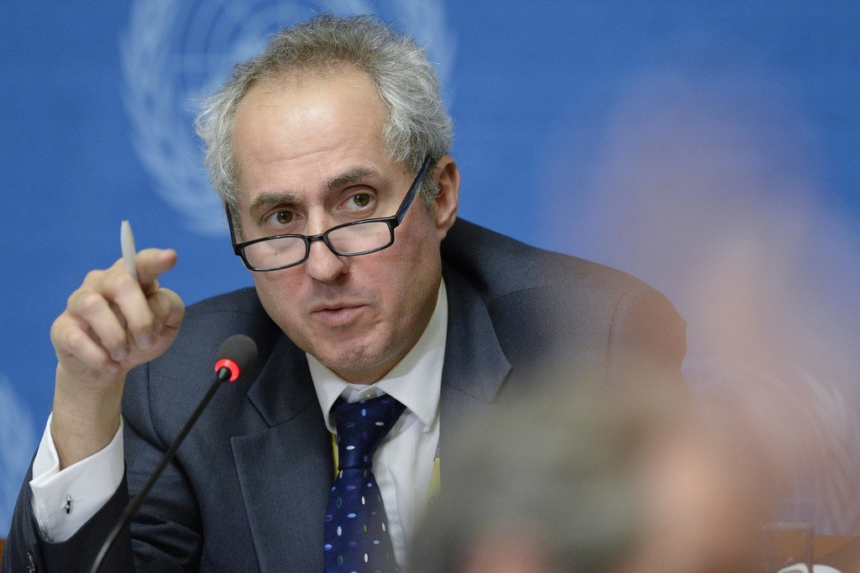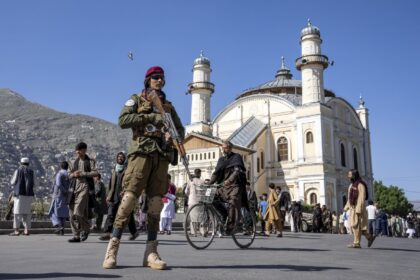RASC News Agency: The United Nations has expressed deep alarm over the Taliban’s latest decree prohibiting girls and women from attending medical and paramedical institutions. Stephane Dujarric, the UN spokesperson, described the measure as profoundly troubling during a press briefing on Wednesday night, December 4. He remarked, “This directive imposes further severe restrictions on the rights of women and girls to education and access to essential healthcare services.” Dujarric further warned of the “catastrophic consequences” this ban would have on Afghanistan’s healthcare system and broader development efforts. He urged the Taliban to “reconsider this draconian measure,” highlighting its adverse effects on Afghanistani women, girls, and society as a whole.
According to informed sources, the Taliban leader recently issued a directive ordering the closure of all medical and semi-medical institutes to female students. Noor Jalal Jalali, the Taliban’s Minister of Public Health, announced this ban during a meeting with officials of medical institutions in Kabul earlier this week. This decision comes in the wake of the Taliban’s December 2022 prohibition on women attending universities, which had already driven many female students to medical institutions as their last remaining educational option. The latest decree eliminates this possibility entirely, further marginalizing women in Afghanistan. The ban also compounds the country’s critical shortage of female healthcare professionals, such as doctors, nurses, and midwives, jeopardizing public health and exacerbating an already dire healthcare crisis.
In response, the European Union issued a statement condemning the ban as a “shocking and egregious violation of fundamental human rights.” Volker Turk, the United Nations High Commissioner for Human Rights, denounced the decree, calling it an “unprecedented and unconscionable act of cruelty in today’s world.” Human Rights Watch has also weighed in, calling for accountability and urging the international community to hold the Taliban responsible for their “systematic crimes against women and girls.” The organization emphasized that these actions form part of a broader strategy of impunity for egregious human rights violations in Afghanistan.
Domestically, the decree has sparked widespread outrage among Afghanistani activists, political leaders, and civil society members, many of whom have labeled the Taliban’s actions as a “heinous and devastating atrocity.” Critics argue that this latest policy underscores the Taliban’s unrelenting effort to erase women from all facets of public and professional life, further isolating Afghanistan from the international community and intensifying its humanitarian crisis.






